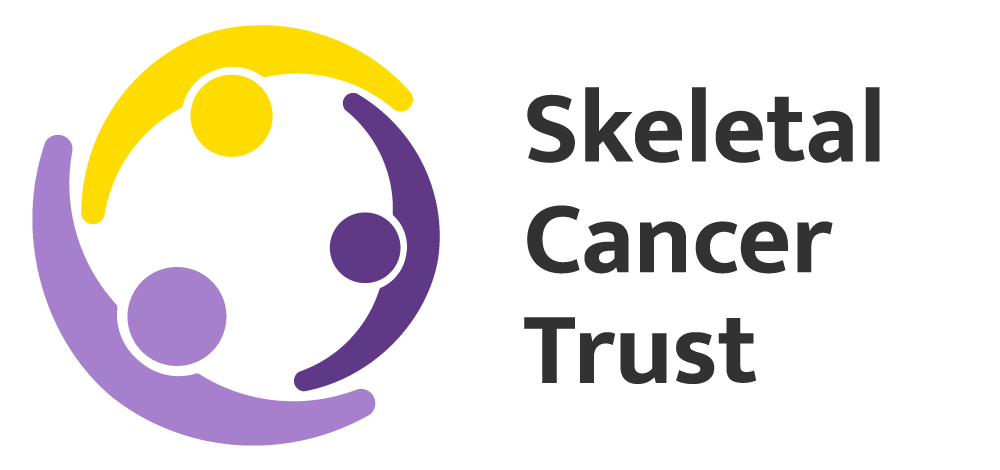Survivorship after Bone Cancer
Although survival is the goal, the impact and cost of cancer doesn’t stop when treatment finishes. Afterwards patients may be less active; have muscle weakness; be at risk of falling or bed bound; or struggle with everyday tasks; and some patients can lose bowel or bladder function. This all significantly affects physical, psychological and social health, quality of life and life expectancy. This has a significant impact on patients and their families. As survival rates for bone cancers have increased, more people are living with a disability. 60% Post five year survival rate.
It is therefore increasingly important to understand their lived experience and develop solutions and services to help them get on with their lives. This includes evidence-based follow up services, which go beyond the present technical emphasis on tumour recurrence and deal with the social and psychological impact of bone cancer, and how best to return people to normal life. Such services should also minimise expense, time, family and work disruption. We need support and funds to develop the evidence for these services.

